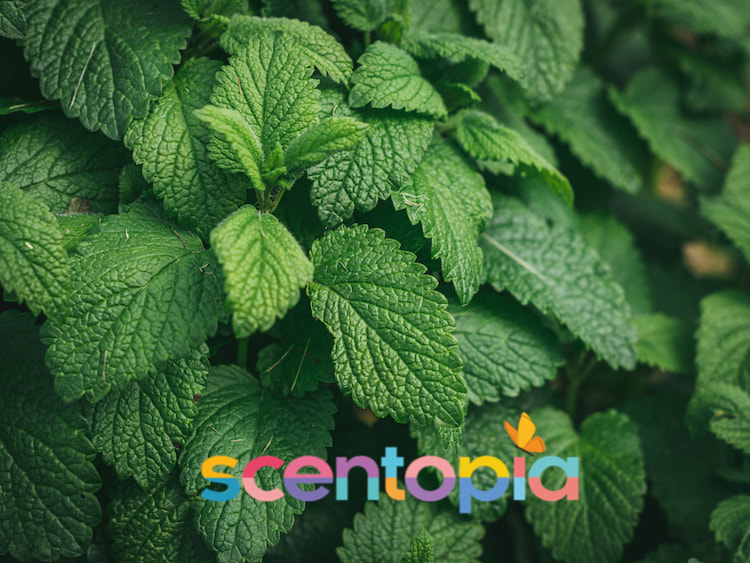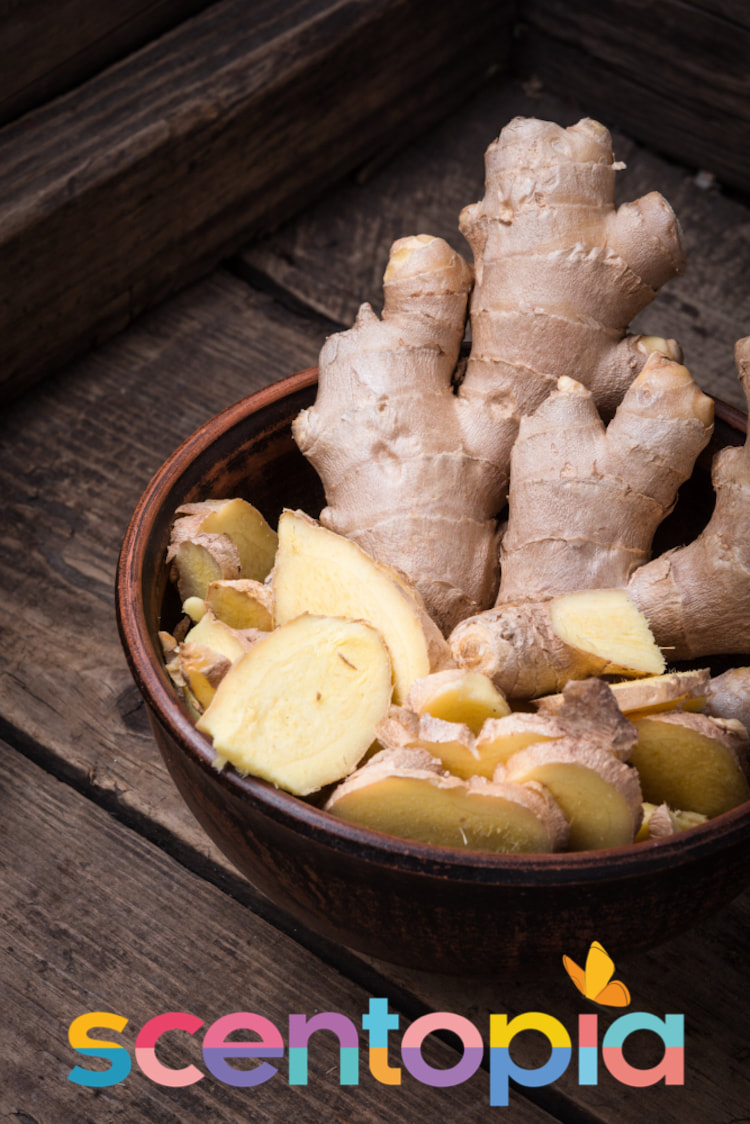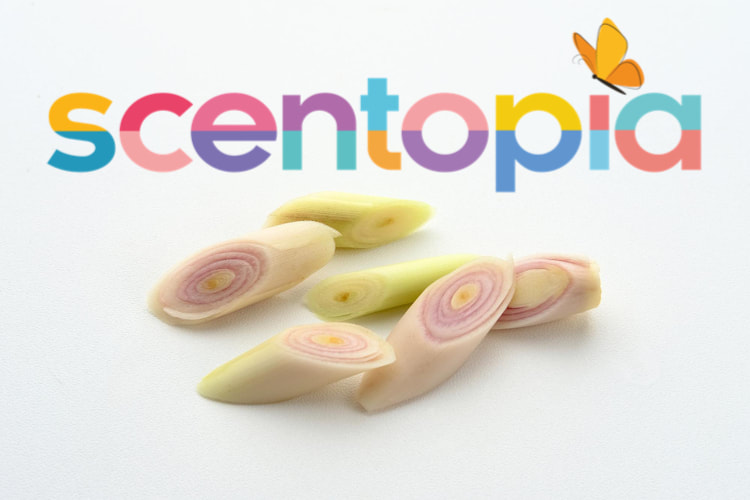Treatment of Illnesses through the Healing Power of Aromatherapy
Treating common illnesses with aromatherapy
Aromatherapy is a complementary therapy that involves using essential oils extracted from plants to promote physical and psychological well-being. While it's important to note that aromatherapy is not a substitute for medical treatment, some people find it helpful for managing certain common illnesses and symptoms. Here are a few examples of how aromatherapy might be used to help with common ailments:
Aromatherapy can be familiar to some, but not known to others. Just what is aromatherapy? Aromatherapy is basically using essential oil to treat diseases. The essential oils are derived through distillation from different parts of the plant.
There are so many ways that you can use essential oil. You can reap the benefits of essential oil by applying them directly on the skin, diffusing and inhaling them, or even adding a few drops into your shampoo or skincare.
Let’s take a look at some of the common illnesses that we can treat with aromatherapy.
Aromatherapy can be familiar to some, but not known to others. Just what is aromatherapy? Aromatherapy is basically using essential oil to treat diseases. The essential oils are derived through distillation from different parts of the plant.
There are so many ways that you can use essential oil. You can reap the benefits of essential oil by applying them directly on the skin, diffusing and inhaling them, or even adding a few drops into your shampoo or skincare.
Let’s take a look at some of the common illnesses that we can treat with aromatherapy.
























